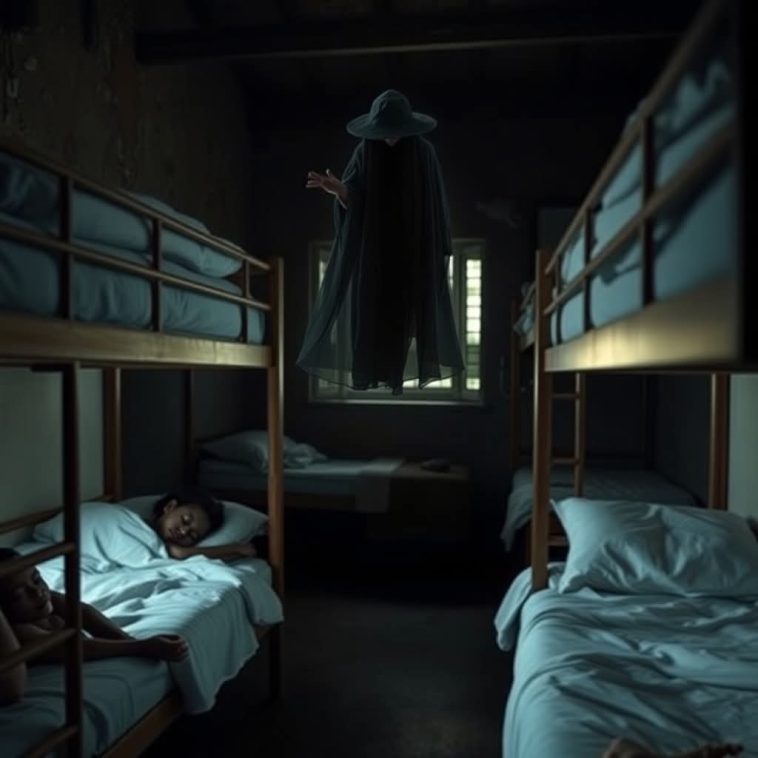A collection of chronicles from the ministry God allowed me to be a part of nearly two decades ago.
1 John 4:18:
There is no fear in love, but perfect love casts out fear.
The girl, along with her mother, did not want to tell me that she had run away from school and was staying in the village. One day, I met her by chance, and I was shocked when I saw her.
“What are you doing here?” I asked.
“I just came,” she replied.
“When are you going back to school? What’s the problem?”
“I’ll return soon,” she said as she walked away.
I didn’t know that by the time we met, she had already been away from school for a week. Nobody explained anything to me.
During the week she was in the village without my knowledge, the school committee tried to convince her to return. Even her mother, who is one of the volunteer cooks at our project, tried to talk to her, but she stubbornly refused to go back.
They didn’t tell me right away because they thought she might change her mind, and they were also afraid of my reaction.
The school she attended was very expensive by Malawian standards. Students at local secondary schools paid less than MK20,000, but her school charged over MK200,000 at the time—a difference of over 800%.
The school required us to buy her uniforms, good quality bags, clothes, groceries, notebooks, and so many other things. We bought all of this for her. She knew that her school fees for one term could have paid for more than 10 students at the local school.
That’s why they didn’t tell me. They knew I’d be disappointed and that this wasn’t a small matter—it was a major setback.
A few days passed, and I noticed that the girl still hadn’t returned to school. I was furious when I found her and her mother selling charcoal by the roadside.
I called the committee, her mother, and the girl together and broke into tears when I heard the full story.
She had left school because of fear of witchcraft.
I asked, “Why didn’t you tell me all this time?”
I tried to explain to her the importance of school—that education was the only path to improving her life. That school was more important not just for her, but her family as well, that it could secure her a brighter future. That the school she attended was so prestigious that even my father couldn’t have afforded to send me there.
It was a rare opportunity, a school attended by children of urban elites—corporate workers, government officials, NGO staff, and wealthy businesspeople. It was renowned for academic excellence, with many of its students proceeding to college.
But she refused to return.
Every time she went back to school, she said, as soon as she got off the bus, her body would start to ache. Upon arriving at school, she would fall ill. Something had also happened to her that aggravated her fears: one day, her underwear went missing from the clothesline. It was found a month later smeared with mysterious substances. she believed that to be the work of witches who didn’t want her to succeed. She was told by friends in the village that if she continued attending school, she might die.
On top of this, her uncle, who lived far away, visited and confirmed to her mother that it was true. There were certainly some people who didn’t want the girl to succeed. They were the ones making her sick whenever she went to school.
It sounded like a dream, a joke, or a lie, but the girl never returned to school.
Witchcraft stories like this are not new in our country.
As a child, I heard many similar tales, and I believed them too at that time.
For example, there’s the story of a witch doctor named Simba Zako.
One day, Simba Zako boarded a bus. The moment the bus started moving, it broke down. Mechanics were called, but they found nothing wrong. Everyone was asked to disembark, and when they did, the bus moved just fine.
People reboarded the bus, and once again, it refused to move. They were asked to get off and reboard one by one. When it was Simba Zako’s turn, the bus refused to start.
Simba Zako was asked to unwrap a piece of cloth in which he had bundled some items. When the cloth was opened, countless cows emerged from it. Under normal circumstances, these cows could never have fit inside the bus. However, through the use of charms, he had magically compressed them into the bundle. Despite their compact form, the weight of the cows exceeded what the bus could carry. This story about Simba Zako is widely known in my country, and for a long time, I believed it to be true.
There’s also a tale of a man from Kasiya named Tsoka Liyenda, who supposedly died and resurrected as a zombie—a nameless creature.
Stories like these abound.
Witchcraft is believed to be capable of cursing or even killing.
The number of people who rely on charms for protection or success is not in short supply here. If you want to become rich, you visit a witch doctor. If you’re already wealthy, you need charms to protect yourself from thieves and jealous people. If you’re employed, you need charms to prevent others from taking your position. Teachers use charms to command authority in class. In politics, the use of charms is widespread.
Even to maintain a marriage, charms are considered necessary. There are some people who do not use charms, but who believe in charms.
I was traveling with a good Christian friend of mine one day when we stopped at a roadside market to buy roasted corn. After the seller handed me my change, my friend quickly cautioned me not to mix it with the money already in my pocket. “Sometimes these sellers use magic,” he said. “Your money might disappear into their pocket.”
He spoke with such conviction and without hesitation that I couldn’t help but burst into loud laughter. It was only then that he realized he had revealed his belief in such superstitions.
One thing I am firmly convinced of is that the power of Jesus surpasses everything. The enemy instills fear in us and then offers solutions to that fear—solutions that exclude Christ as our sole protector. His goal is to make us replace Christ with charms, and when we do, those charms become our second god.
Someone once told me that Jesus alone isn’t enough to protect a person—you need to combine Him with charms. That’s why some preachers even use charms in their ministry. It’s laughable but true.
A friend from Zimbabwe shared a funny yet heartbreaking story with me.
At a boarding school, there was a night watchman from Malawi who had settled there many years ago. He warned the girls not to sneak out for dances at night, threatening them with supernatural consequences. The girls stopped immediately and began respecting him, fearing he might use charms to harm them.
One of my uncles who had been to Rhodesia told me that we are infamous in Zimbabwe for the association with witchcraft. They joke that a Malawian can die in Zimbabwe and be found alive in Malawi. Malawians there are nicknamed “ma Bulantaya.”
In Africa, belief in charms and witchcraft is widespread.
As Christians, we must confront this belief and show people the power of Jesus. In Him, we find complete protection without needing charms for success or safety.
I had no choice but to find another girl to take the place of the one who refused to return to school. We talked for days, but she wouldn’t budge. You can’t force a donkey to drink water.
This post was created with our nice and easy submission form. Create your post!





